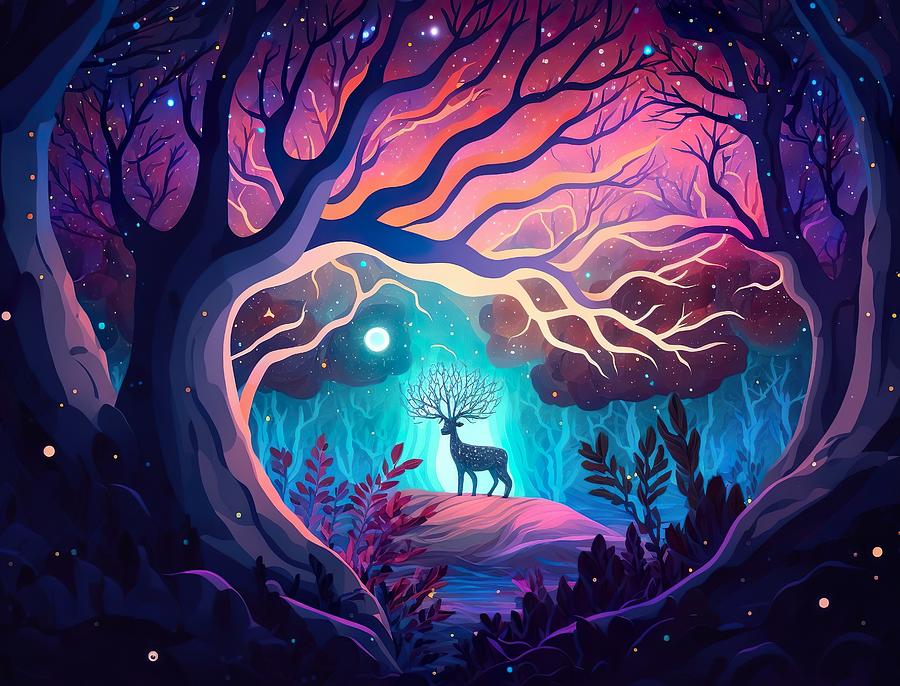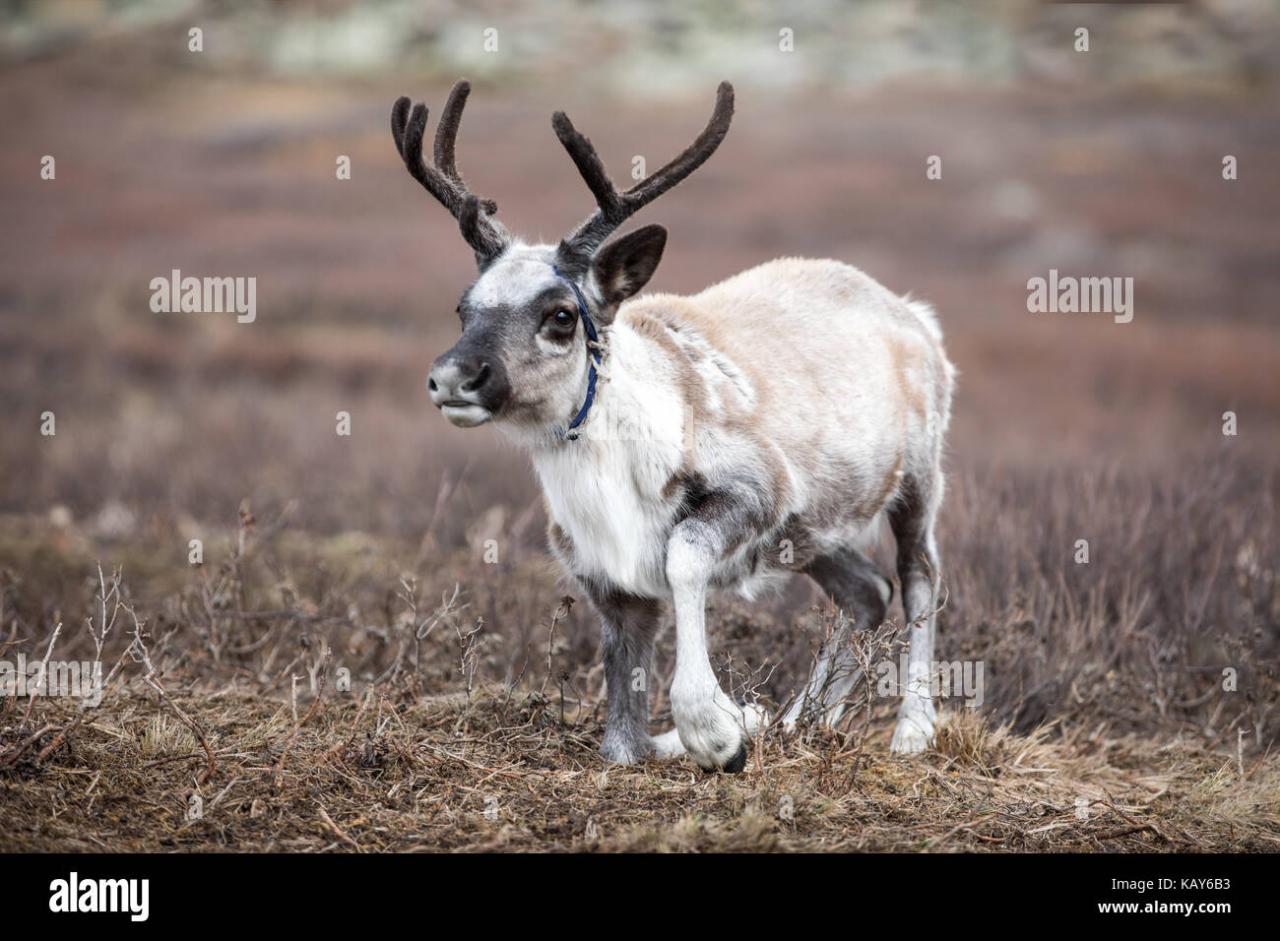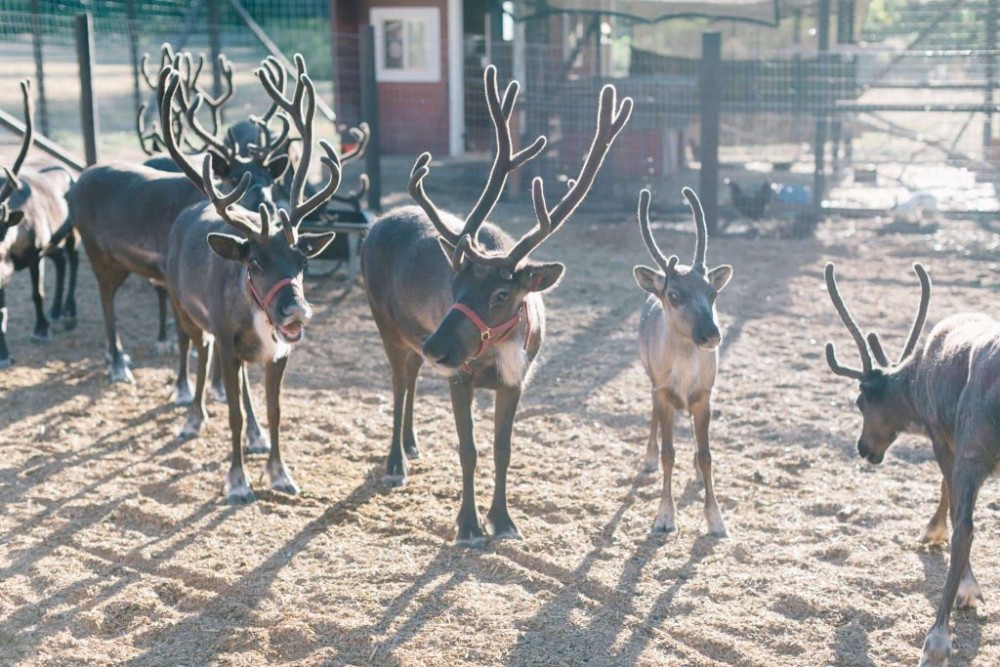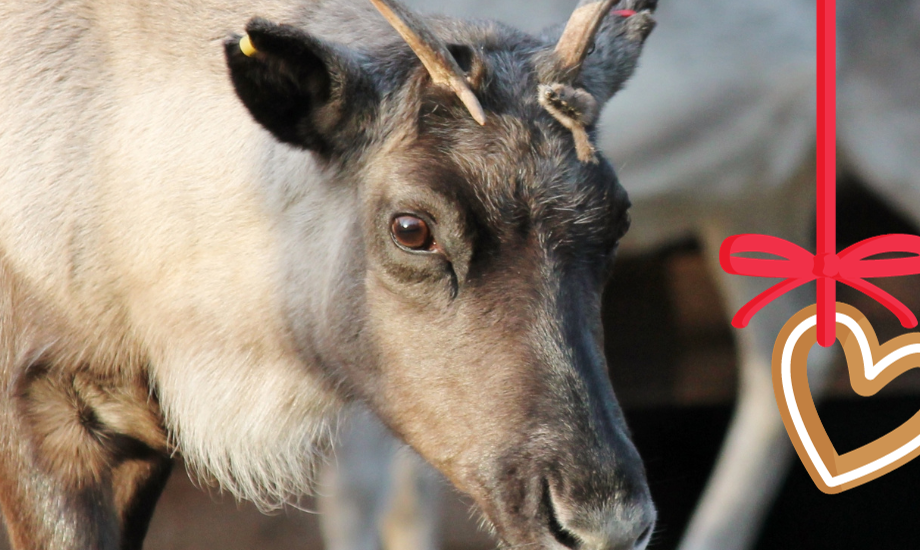The Enchanting World of Reindeer: Exploring Their Presence Near You
Related Articles: The Enchanting World of Reindeer: Exploring Their Presence Near You
Introduction
With great pleasure, we will explore the intriguing topic related to The Enchanting World of Reindeer: Exploring Their Presence Near You. Let’s weave interesting information and offer fresh perspectives to the readers.
Table of Content
The Enchanting World of Reindeer: Exploring Their Presence Near You

The image of reindeer pulling Santa’s sleigh through the night sky is deeply ingrained in the collective imagination, evoking a sense of wonder and festive spirit. While the reality of reindeer assisting Santa Claus remains in the realm of folklore, these magnificent creatures are very real and hold a significant place in the natural world. This article delves into the fascinating world of reindeer, exploring their presence near you, their ecological role, and the cultural significance they hold.
Reindeer: An Overview
Reindeer, also known as caribou, are a species of deer found primarily in the Arctic regions of North America, Europe, and Asia. They are the only deer species in which both males and females possess antlers. These antlers, which grow annually and are shed each spring, serve a crucial purpose in mating displays and competition, as well as for digging through snow to access food.
Reindeer Habitat and Distribution
Reindeer thrive in cold, harsh environments, including tundra, taiga, and mountainous regions. Their ability to survive in these challenging landscapes is attributed to their thick fur, which provides insulation against extreme cold, and their hooves, which are adapted for navigating snowy and icy terrain.
While reindeer are found across the Arctic, their distribution and population sizes vary significantly. In North America, caribou herds can be found in Alaska, Canada, and Greenland. In Europe, reindeer are primarily located in Scandinavia and Russia.
Ecological Importance of Reindeer
Reindeer play a vital role in the Arctic ecosystem. As herbivores, they are crucial to the balance of plant life, consuming various types of vegetation, including lichens, grasses, and shrubs. Their grazing patterns can influence the growth and composition of plant communities, impacting the habitat of other Arctic animals.
Reindeer are also a key food source for predators like wolves, bears, and foxes. Their presence in the ecosystem contributes to the overall health and stability of the Arctic food web.
Cultural Significance of Reindeer
Reindeer have held a deep cultural significance for indigenous communities in the Arctic for centuries. They are a vital source of food, clothing, and transportation. Reindeer herding is a traditional practice that has been passed down through generations, playing a crucial role in the livelihoods and cultural identity of these communities.
In modern society, reindeer continue to hold a special place in the hearts of many. The association of reindeer with Christmas and Santa Claus has made them a symbol of joy, generosity, and winter magic.
Exploring Reindeer Near You
While reindeer are primarily found in Arctic regions, there are a few locations outside of these areas where they can be found. These include:
- Zoos and Wildlife Parks: Many zoos and wildlife parks around the world house reindeer, offering opportunities to observe these fascinating creatures up close.
- Reindeer Farms: Some farms in countries like Norway and Sweden raise reindeer for their meat, milk, and hides. These farms may offer tours and opportunities to interact with reindeer.
- Research Stations: Research stations located in Arctic regions often have reindeer populations for scientific study.
FAQs about Reindeer
Q: Are reindeer really used to pull Santa’s sleigh?
A: The idea of reindeer pulling Santa’s sleigh is a delightful part of Christmas folklore, but it is not a reality. While reindeer are strong and capable animals, they are not used for transportation in this way.
Q: What is the difference between reindeer and caribou?
A: Reindeer and caribou are the same species (Rangifer tarandus). However, the term "caribou" is typically used to refer to wild reindeer populations, while "reindeer" is used for domesticated herds.
Q: How do reindeer survive in cold climates?
A: Reindeer are well-adapted to cold climates. Their thick fur provides excellent insulation, and their hooves have a wide surface area that helps them navigate snowy terrain. They also have a unique ability to change their fur color seasonally, becoming lighter in the summer to blend in with the snowy environment.
Q: What do reindeer eat?
A: Reindeer are herbivores and primarily feed on lichens, grasses, and shrubs. They are particularly adept at finding and eating lichens, which are a crucial food source during winter when other vegetation is scarce.
Tips for Observing Reindeer
- Visit a zoo or wildlife park: Zoos and wildlife parks offer controlled environments where you can safely observe reindeer and learn more about their behavior.
- Research reindeer farms: Some farms offer tours and opportunities to interact with reindeer.
- Travel to Arctic regions: If you are interested in seeing reindeer in their natural habitat, consider a trip to Alaska, Canada, Scandinavia, or Russia.
- Be respectful of the environment: If you encounter reindeer in the wild, observe them from a distance and avoid disturbing their natural behavior.
Conclusion
Reindeer are extraordinary creatures that play a vital role in the Arctic ecosystem and hold a deep cultural significance for indigenous communities. While their association with Santa Claus may be fictional, their real-world presence continues to captivate and inspire. Whether you encounter them in a zoo, a farm, or in their natural habitat, reindeer offer a glimpse into the beauty and resilience of the Arctic world.








Closure
Thus, we hope this article has provided valuable insights into The Enchanting World of Reindeer: Exploring Their Presence Near You. We appreciate your attention to our article. See you in our next article!